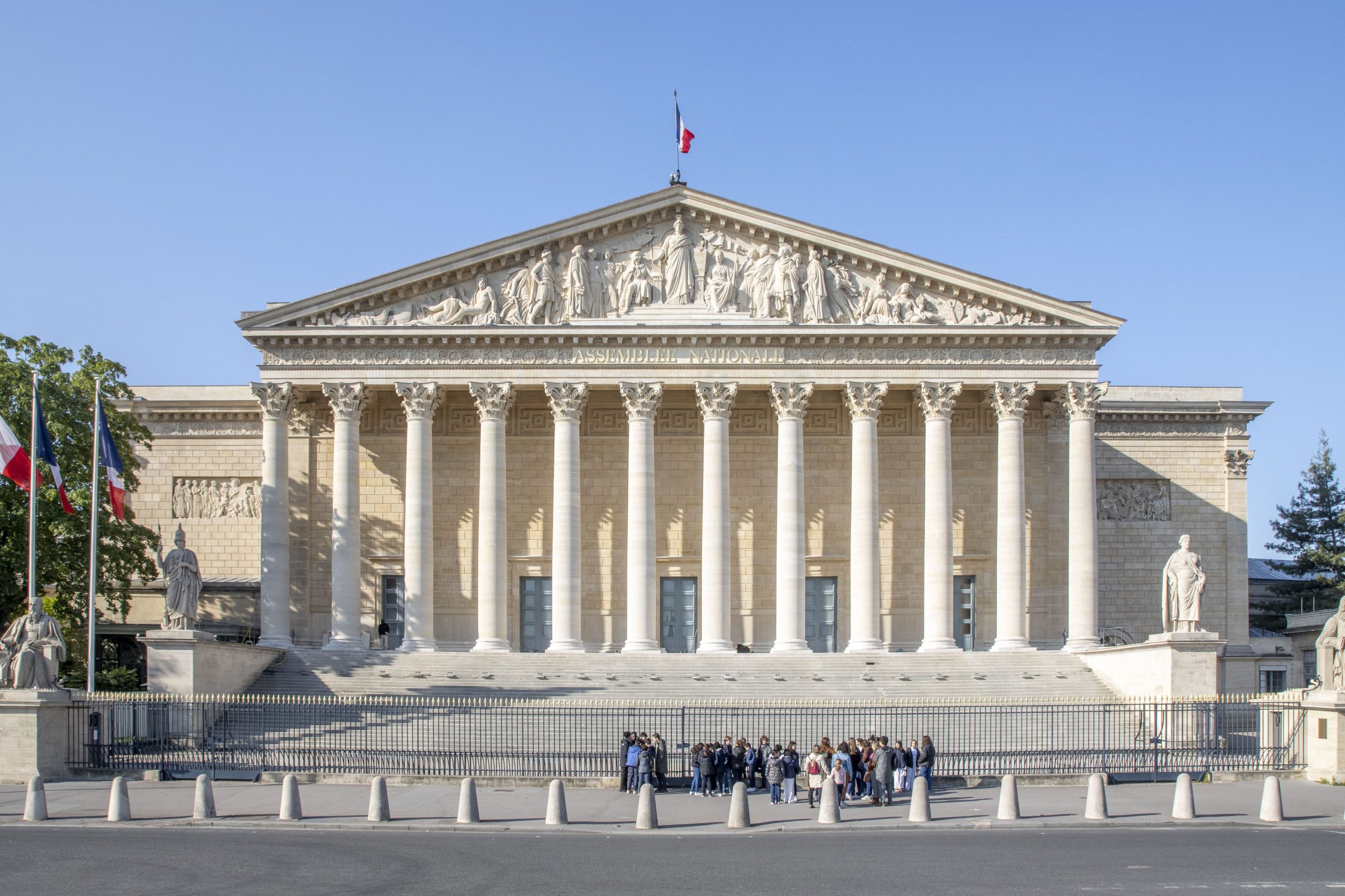On April 29, 2025, the French National Assembly approved a comprehensive counter-narcotics law by a 369–68 vote, aiming to address a significant rise in drug-related crime. This legislation follows a 2024 Senate report that warned France was approaching a “tipping point” due to escalating drug violence and organized crime .
Key Provisions of the New Law
- Establishment of a National Anti-Crime Prosecutor’s Office (Pnaco): Modeled after specialized units for financial crimes and terrorism, Pnaco will focus solely on drug trafficking .
- Creation of the State Organized Crime Unit (EMCO): This dedicated investigative unit, led by the National Directorate of Judicial Police, will coordinate efforts to combat organized drug crime .
- Asset Seizure and Business Closures: The law grants authorities the power to freeze assets and shut down businesses suspected of money laundering or involvement in the drug trade .
- Expansion of Cooperating Witness Programs: The use of informants will be broadened, with measures to protect their anonymity and legal status .
- Enhanced Surveillance and Intelligence Sharing: The law emphasizes the use of technology and intelligence sharing to combat drug trafficking, including the potential use of algorithmic intelligence to detect threats related to organized crime .
Context and Rationale
The legislation responds to a surge in cocaine trafficking, with France becoming a significant entry point for South American drugs into Europe. The Senate report highlighted the spread of drug-related violence beyond major cities into smaller towns and rural areas, estimating the illicit drug market in France at over €3.5 billion annually .
Interior Minister Bruno Retailleau warned that without decisive action, France risked becoming a “narco-state,” drawing comparisons to Mexico due to the increasing influence of drug cartels .
Political and Public Response
The law received broad bipartisan support, though some opposition parties, such as France Unbowed, expressed concerns that it did not adequately address the root causes of drug trafficking, including poverty and social inequality .
This legislative action reflects a growing recognition of the need for comprehensive strategies to combat organized drug crime and its associated societal impacts in France.
France National Assembly Building, Façade Palais Bourbon on Wikimedia by ZeusUpsistos



